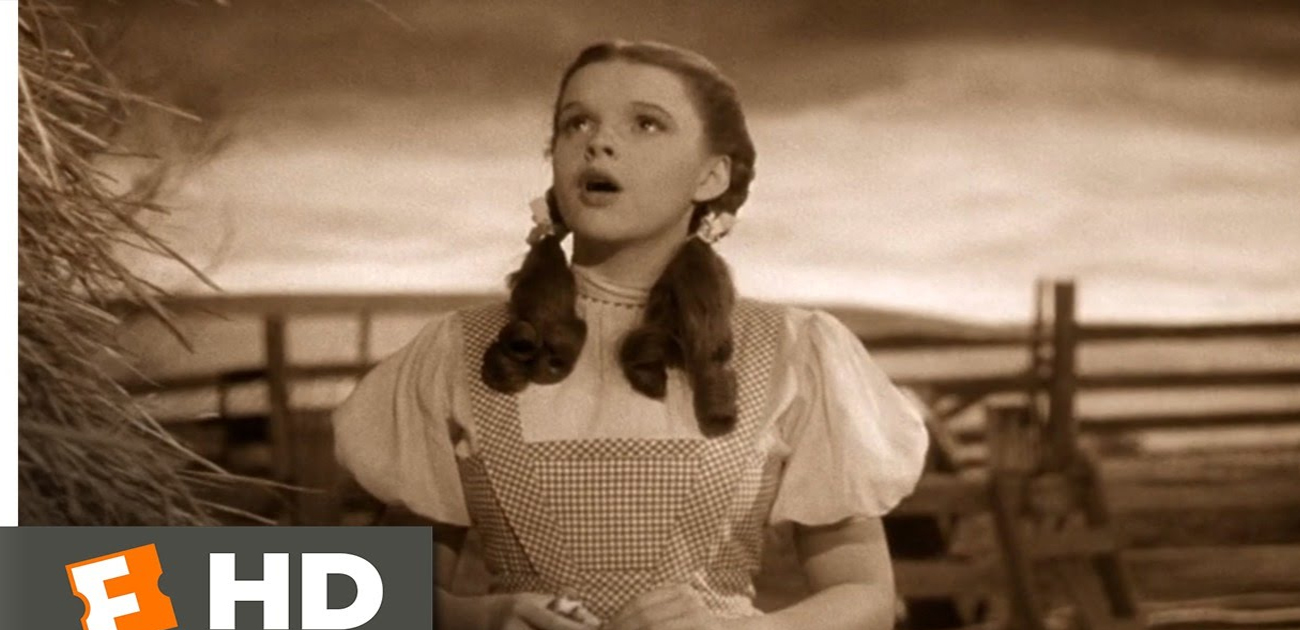Judy Garland, a legendary actress and singer, captivated audiences for decades with her powerful voice and captivating presence. Among her numerous iconic performances, “Over the Rainbow” from the 1939 film The Wizard of Oz occupies a special place in the hearts of listeners across generations. This timeless ballad, both simple and profound, transcends the boundaries of film and music to represent a universal yearning for hope and a better future.
Released in 1939 amidst the Great Depression, “Over the Rainbow” resonated deeply with audiences facing economic hardships. However, the song’s message of hope and optimism extends beyond its historical context. Sung by Dorothy (played by Garland), a young girl yearning to escape her mundane life in Kansas, the song speaks to the universal human desire for something better, a place “somewhere over the rainbow.”

The song’s gentle melody, featuring a simple piano accompaniment, is a perfect canvas for Garland’s emotive vocals. Her voice, both innocent and full of longing, embodies the dreams and anxieties of youth. The lyrics, employing vivid imagery, paint a picture of a land “where troubles melt like lemon drops” and “birds fly over the rainbow.”
Despite its seemingly idyllic portrayal, “Over the Rainbow” isn’t simply a whimsical escape. The song acknowledges the challenges of life, with lyrics like “why do dreams end so soon?” yet ultimately reaffirms the power of hope and the importance of pursuing dreams.
“Over the Rainbow” has transcended its origins as a movie song to become a cultural touchstone. It has been covered by countless artists across genres, and its message of hope continues to resonate with listeners of all ages.









